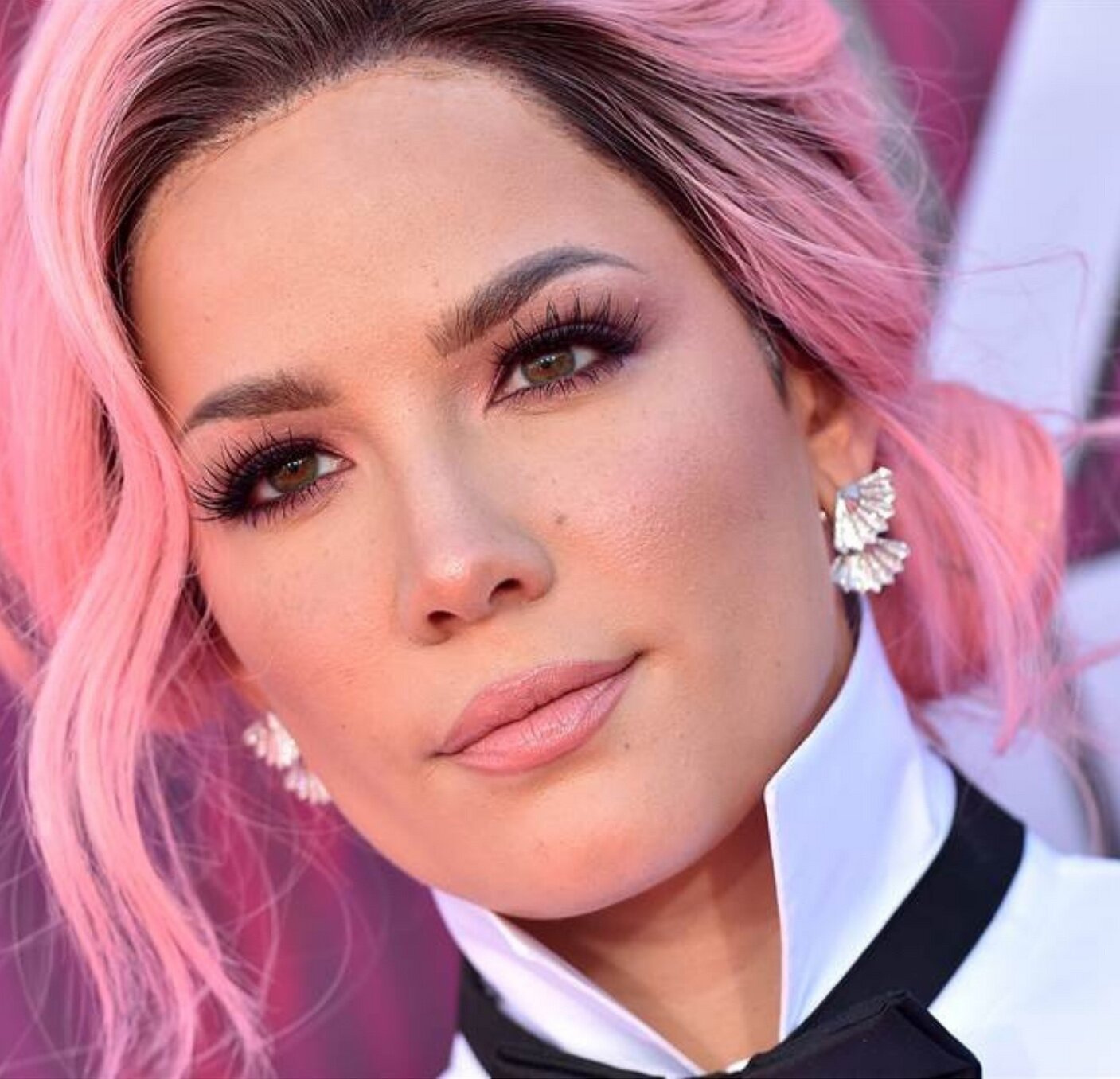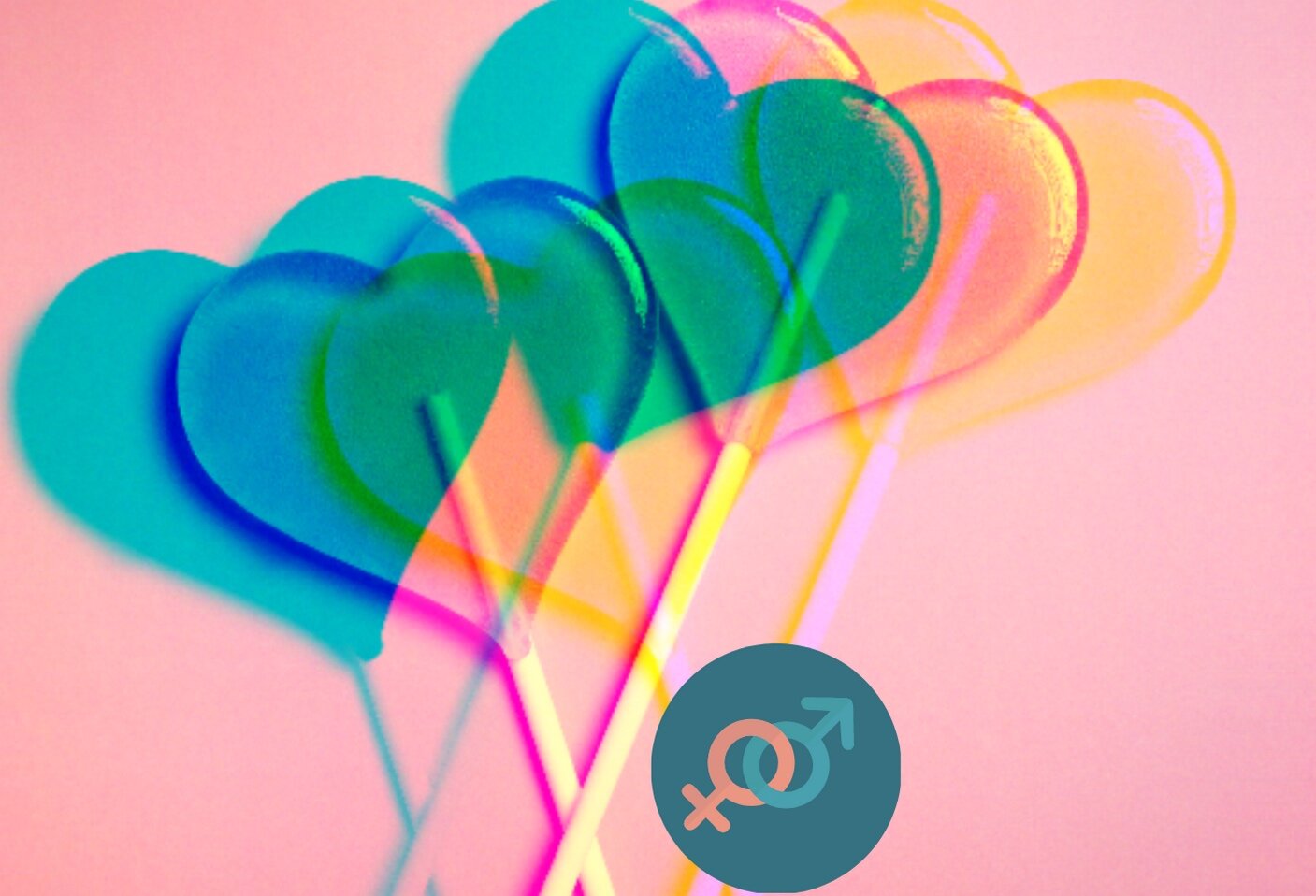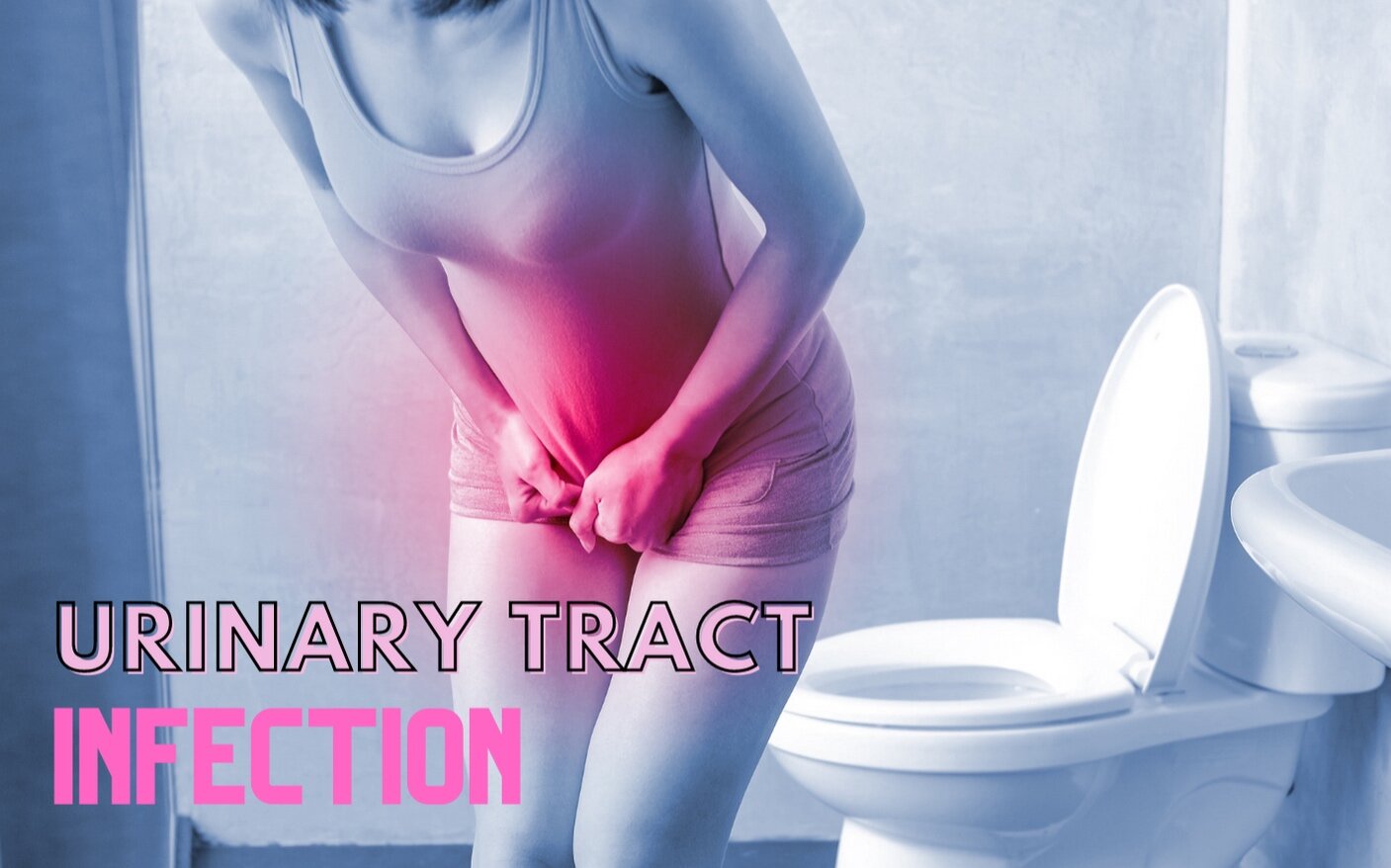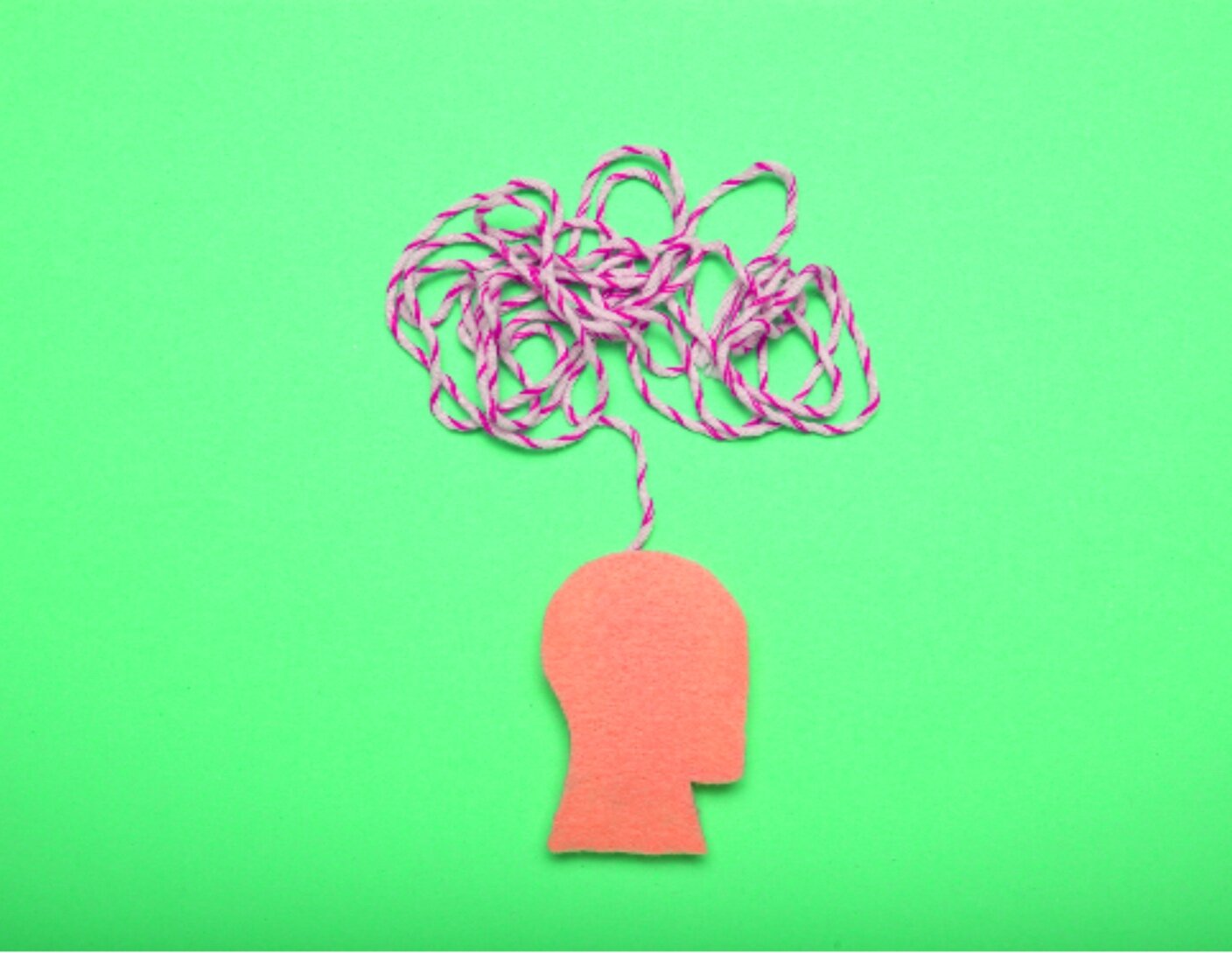No Acne Please
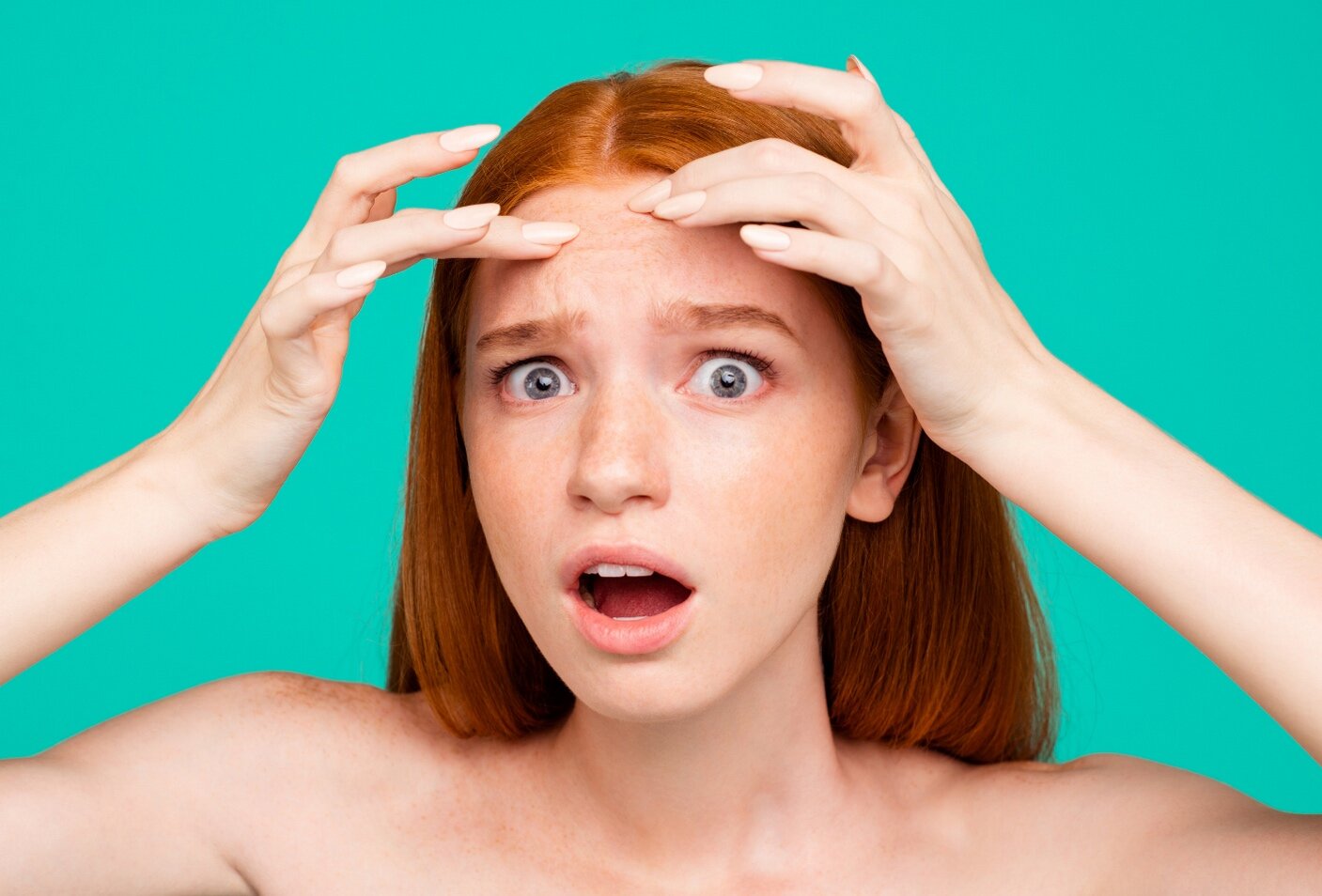
Acne
by Dr Nile
Acne is so common it can be described as a normal part of puberty. Almost all of us suffer with teenage acne to some degree and for a small minority it continues or even starts later in life. There are plenty of over-the-counter treatments for acne and many products that can keep your skin healthy and looking good. Please refer to our ‘Beauty & Confidence’ section in our October 2020 issue for specific recommendations on treating mild acne AND for the ultimate skin care routine, see our “Hello Beauty” section in our December 2020 issue. However, for those of you who need a little more help please read on.
Acne most often affects the face but it can also appear on the chest and back. The more widespread it is the more likely your doctor will advise oral medication to treat your acne. The severity is also important when it comes to choosing the treatment. Mild cases can be treated with over-the-counter products whereas moderate or severe acne will need stronger prescribed medications so you will need to speak with your family doctor.
Within the tiny pores of your skin are glands that secrete an oily substance called sebum that keeps your hair and skin lubricated. Hormone changes during puberty causes increased sebum production which can mix with dead skin cells and bacteria to block the pores and create different types of spots. Acne can also run in families, and can be associated with smoking, polycystic ovarian syndrome or due to using greasy products or sweaty clothing.
Different types of spots:
Comedones = blackheads and whiteheads
Inflamed papules = small red bumps which can be sore
Pustules = which contain pus and can be superficial or deep
Nodules = large painful lumps under the skin
Cysts = large deep pus filled lesions which can cause scarring
Simple measures for everyone: Use water-based products, which are less likely to block your pores and a good cleanser to remove all make-up before going to bed. Picking or squeezing spots can make acne worse and cause inflammation. Washing too often can cause irritation especially in too hot or too cold water.
Treatments –
Benzoyl peroxide acts as an antiseptic and anti-inflammatory so it reduces the amount of bacteria on your skin and reduces the redness and irritation
Topical retinoids are a derivative of vitamin A, many are available to buy but a prescription is needed for higher strength products, and they exfoliate the skin by removing the dead skin cells from the top layer
Topical antibiotics kill the bacteria on the skin
Azelaic acid gets rid of dead cells and kills bacteria
Oral antibiotics are used in more widespread acne to kill bacteria on the skin
Hormonal treatments include the combined contraceptive pill and anti-androgens
Isotretinoin is for severe acne and can only be prescribed by a specialist doctor because it can have serious side effects
Your GP may start you on a combination of treatments or refer you to see a skin specialist if your acne is severe.
Our mission is to change the perception of beauty. To change the way young women view themselves and change the way they are viewed by the world around them. Join us on the BeYoutiful journey.



